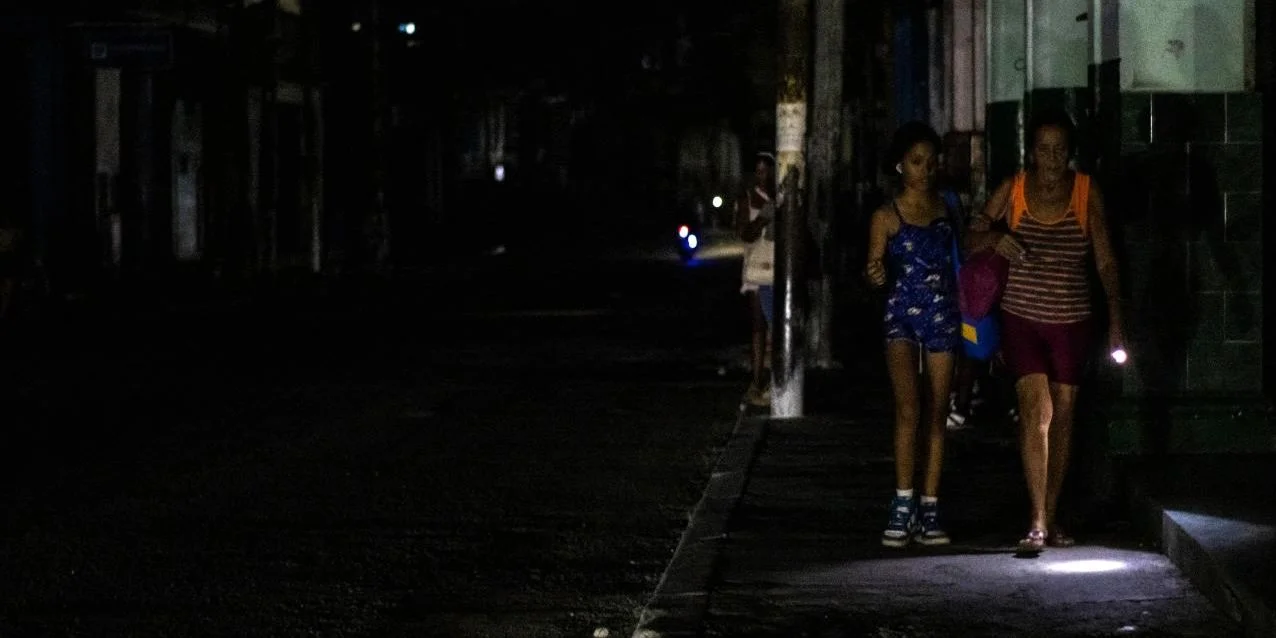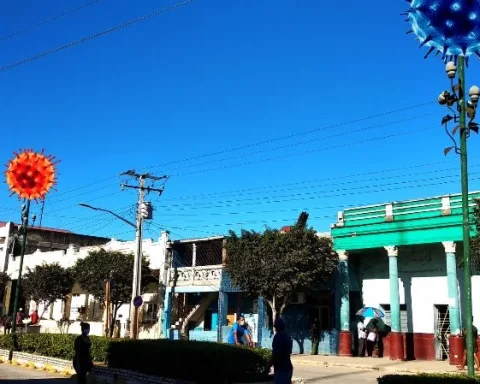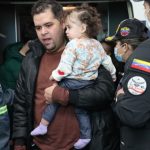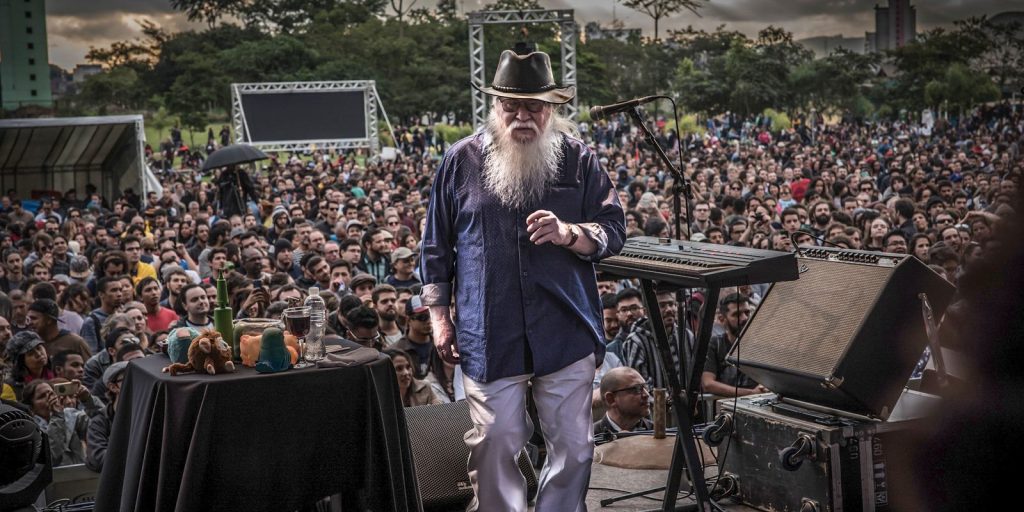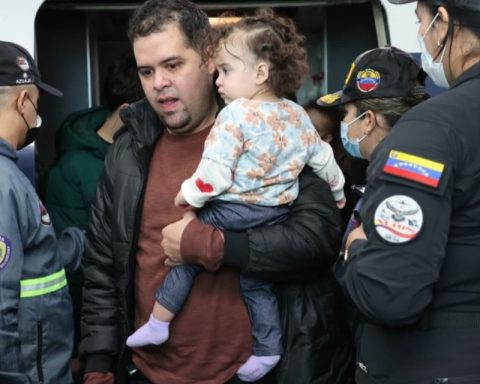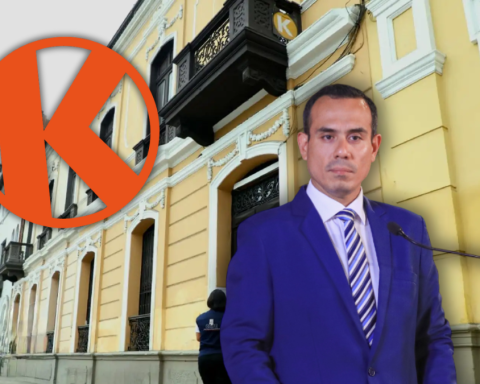MIAMI, United States. – Some 15 independent organizations and observatories in Cuba expressed this Monday their deep concern about the worsening of the humanitarian crisis in the country, triggered by the energy collapse which has caused the total collapse of essential services on the Island.
“In the last 72 hours, we have seen in Cuba the total collapse of the services essential for human subsistence,” the organizations noted in a statement released this October 21.
After weeks with a deficit of more than 50% in energy generation—with provinces receiving only three hours of electricity a day—on October 18, the fuel supply limit was reached, leaving the Island completely in the dark, except hospitals, hotels and institutes related to national defense. “This scenario had been warned by experts and civil society in the face of the irresponsibility and inefficiency of the State,” the signatories stressed.
At the time of writing the statement, “more than two-thirds of the country was still without electricity supply. Many areas have been without electricity and practically without communication for more than 70 continuous hours,” the signatory entities warned.
The organizations also warned about the transversal deterioration of basic services and its devastating impact on the population, especially on groups in vulnerable conditions. “The lack of electrical energy makes it impossible to refrigerate medicines and foods that require it, as well as to cook the latter,” they indicated.
“In a scenario of total disconnection in the country and without having created the necessary conditions, the population has been prevented from both cooking and accessing processed food, since bakeries, cafes and other centers are closed,” they added. In addition, they highlighted that “without electricity, the national aqueduct system is also unable to connect the distribution of water in the residential sector, previously subject to regimes of two and three days without supply.”
Added to the absence of electricity, gas and water is “the cut in digital communications, given the disconnection of the repeater towers in charge of emitting the signal.”
Faced with the total collapse of basic services and in the midst of a severe food crisis, the organizations warned about “the serious consequences that this situation has on the sustainability of life in the short and medium terms.” They emphasized that “these conditions, together with the Government’s surveillance, control and criminalization of any independent initiative that could articulate and assist the most disadvantaged, now make the survival conditions that Cubans have been facing in recent years impossible.”
They also pointed out that “these conditions have a differentiated impact of greater weight on population groups in conditions of greater vulnerability such as older people, infants, women, people with disabilities, people with chronic diseases and the population deprived of liberty, among others.”
Given the severity and structural and systemic nature of this crisis, the organizations denounced “the political responsibilities of the Cuban State in generating this crisis, especially aggravated after the implementation of the Ordering Taskand the lack of a plan that provides an effective and sustainable solution to this widespread crisis.”
Likewise, they demanded that the Cuban State “gather information on the differentiated impacts of this crisis and develop a plan of short and medium-term measures for compensation and assistance to the most affected populations.” They also requested that “the participation of independent civil society be allowed, without being criminalized, in the collection of this information, as well as in the development of emergency actions and assistance to the most affected communities and groups.”
Finally, they urged the Cuban Government to “respect its international obligations regarding human rights in the midst of this crisis, guaranteeing fundamental rights to citizens, especially the right to peaceful protest.”
The declaration was signed by various organizations, including Food Monitor Program, Cuido60-Observatory of Aging, Care and Rights, Alas Tensas Gender Observatory (OGAT), Cubalex, Virtual Museum of Memory against Gender-based Violence, Dialogue Table of Cuban Youth, Citizenship and Freedom, 4Métrica Foundation, Cuban Women’s Network, Justice 11J, Cuban Prisons Documentation Center, Civil Rights Defenders, Museum of Dissidence in Cuba, the Institute on Race, Equality and Human Rights and the Observatory Cuban Human Rights Council (OCDH).
